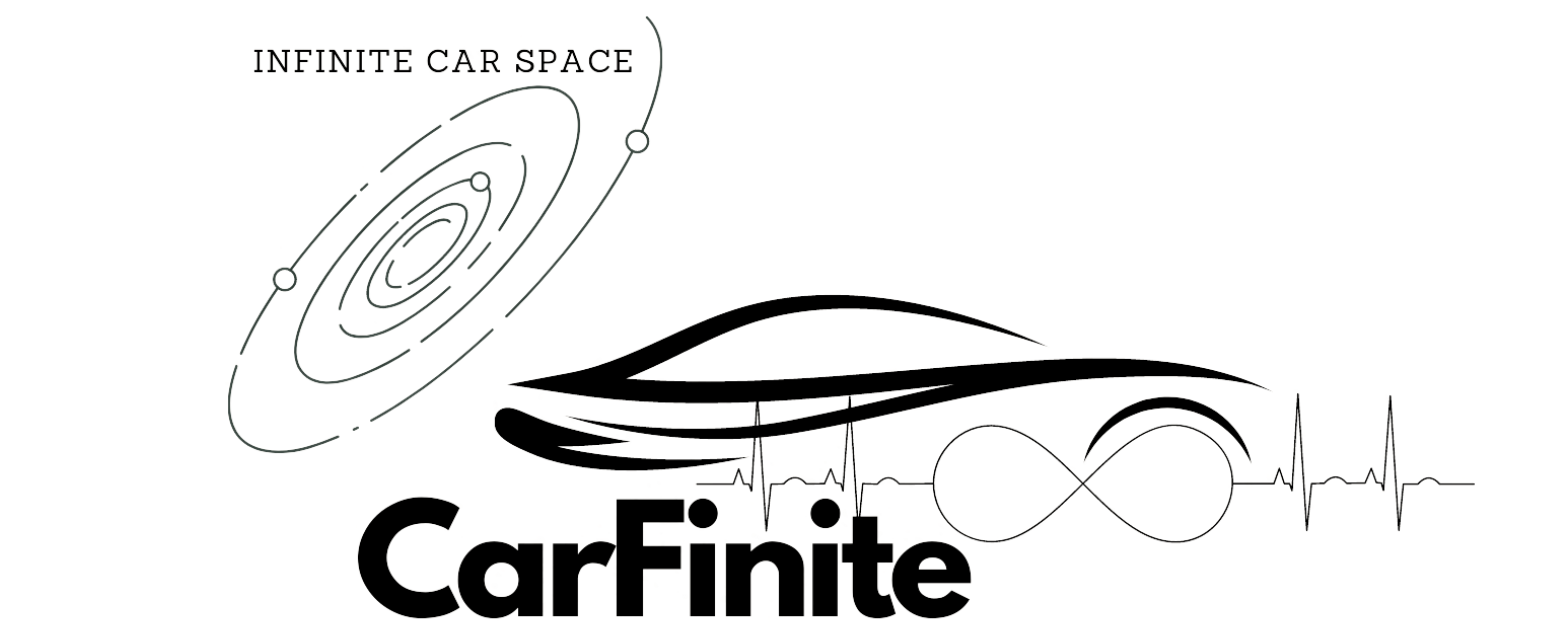Timing refers to the precise moment when an engine’s valves open and close to allow air and fuel into the combustion chamber and exhaust gases out. Proper timing is crucial for smooth engine operation, performance, and longevity. There are several symptoms that can indicate the engine’s timing may be off.
- Engine Knocking or Pinging
- Engine Misfires
- Rough Idle
- Reduced Power and Fuel Efficiency
- Illuminated Check Engine Light
Let’s look at in depth on each symptom to tell if timing is off on an engine.
1. Engine Knocking or Pinging
Knocking or pinging is a metallic ringing sound that occurs when the air/fuel mixture ignites prematurely in the cylinder. This uncontrolled ignition happens when the timing is too advanced. The sound results from the uncontrolled detonation pushing against the cylinder head.
Knocking can reduce performance and cause engine damage over time as the intense pressure and heat of detonation can warp engine components. Pinging under load should be addressed promptly to avoid melted pistons or rod bearings.
2. Engine Misfires
An engine misfire happens when the air/fuel mixture fails to ignite in one or more cylinders. Misfires are often caused by faulty ignition timing and can result in reduced engine power, stalling, or rough idling.
Misfires may produce detectable symptoms like a flicker in the rpm gauge at idle, increased emissions, jerkiness during acceleration, and reduced gas mileage. Prolonged misfiring can overheat and damage the catalytic converter.
3. Rough Idle
When ignition timing is flawed, the engine may struggle to maintain a steady idle rpm. The engine may seem to stall intermittently or vibrate excessively at stop lights.
The imbalance in cylinder firing caused by improper timing reduces engine efficiency and performance. It also increases vibration and strain on engine components.
4. Reduced Power and Fuel Efficiency
Ignition timing affects the combustion efficiency, which directly impacts the engine’s power output. Advanced or delayed timing can reduce the engine’s overall power. The loss of combustion efficiency also decreases fuel economy.
Observable signs include increased effort needed to accelerate, flat spots or hesitation under load, and reduced gas mileage. You may need to use lower gears more frequently to maintain speed when climbing hills.
5. Illuminated Check Engine Light
The check engine light may illuminate if engine control sensors detect timing issues. Potential timing related trouble codes include P1345 (camshaft position sensor), P0340 (camshaft position sensor), and P0016 (camshaft/crankshaft correlation error).
Diagnostic scanners can pinpoint timing faults based on information from electronic ignition and engine position sensors. This facilitates precise timing adjustments.
Additional Considerations
- Vehicle age and mileage – Timing components like chains and belts wear over time and should be inspected based on manufacturer’s recommendations. Higher mileage increases likelihood of timing issues.
- Engine type – Interference engines are more susceptible to timing chain or belt failure because of the potential for valve-to-piston contact. Non-interference engines have reduced risk.
- Maintenance – Regular oil changes, tune-ups, and component inspections per the owner’s manual help preserve proper ignition timing.
Can you damage an engine if the timing is off?
Yes, improper ignition timing can lead to detonation, pre-ignition, overheating, and increased strain. These effects can damage pistons, valves, bearings, and other critical engine components over time.
How do I know if my timing chain is off?
Listen for rattling or slapping noises from the timing chain cover area. Check for diagnostic trouble codes related to cam/crank correlation. Remove timing cover and inspect chain condition and timing marks alignment.
If timing is off will the car turn over?
Yes, the engine can still crank and start with incorrect timing. It may run poorly or stall depending on how far off the timing is. Significant timing issues may prevent starting altogether.

John Smith, a Los Angeles-based car specialist and automotive writer, boasts over 20 years in the industry. With a background as a master technician and a decade-long writing stint at notable automotive publications, John now shares his expansive knowledge on CarFinite, simplifying car maintenance for readers.

